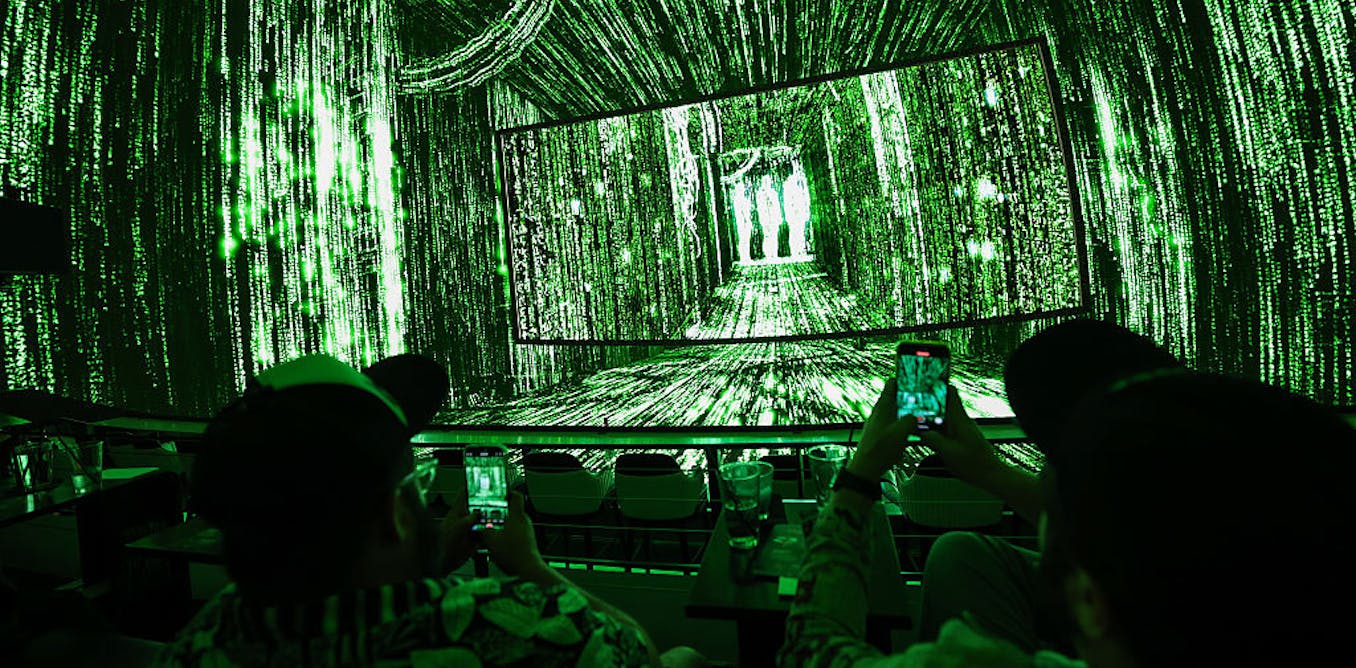
"In the most talked-about film from the final year of the 20th century, " The Matrix," a computer hacker named Neo finds that the world he lives and works in isn't real. It's a virtual reality, created by artificial intelligence. At the time, the idea seemed like science fiction. In the years since, however, that concept has become an increasingly credible theory: " the simulation hypothesis.""
"Simulation theory raises the kind of questions once reserved for mystics and religious scholars: Why are we here? Is there more to reality than we can see? Is there a creator? Are we more than our physical bodies? The science and technology may be modern, but in some ways, this hypothesis echoes ideas that faith traditions have explored for centuries."
"Simulation theory became popular from the work of philosopher Nick Bostrom, particularly a paper he published in 2003. The basic argument goes like this: If technology continues to improve, humans will be able to build virtual worlds indistinguishable from physical reality, and AI characters indistinguishable from biological beings. This suggests it's possible that a more advanced civilization has already reached that point - and that we are inside one of their simulations."
The Matrix presented the idea that perceived reality can be an AI-created virtual environment. The simulation hypothesis proposes that living beings may be characters inside a computer-generated simulation or a massively multiplayer video game, with the physical world being virtual. The hypothesis argues that if technology advances, future civilizations could build worlds and AI indistinguishable from reality, making it possible that an advanced civilization already created our simulation. The hypothesis raises questions about purpose, creators, and the nature of consciousness and echoes themes long explored by faith traditions. Scientists and thinkers dispute probabilities and raise counterarguments.
Read at The Conversation
Unable to calculate read time
Collection
[
|
...
]